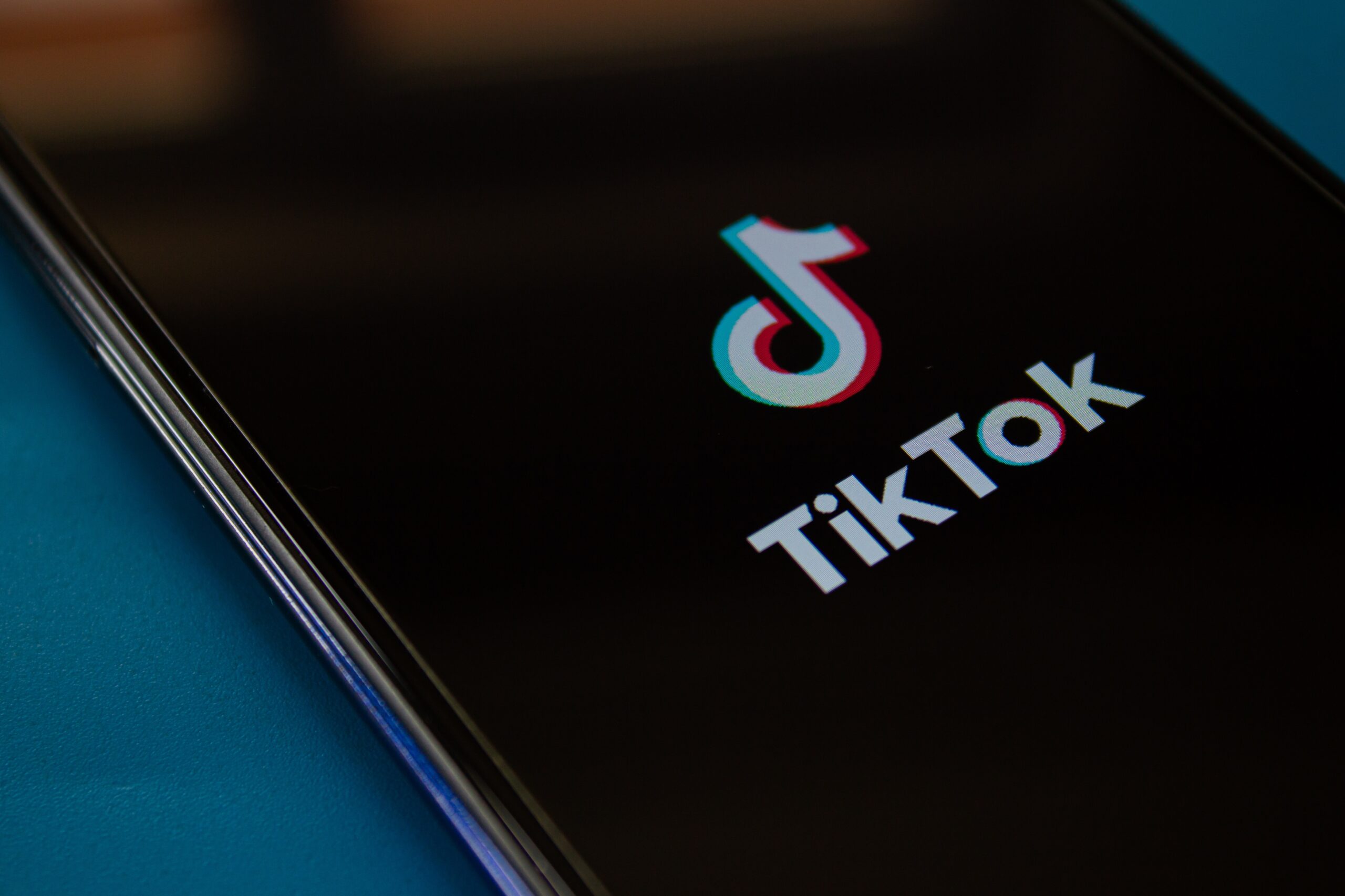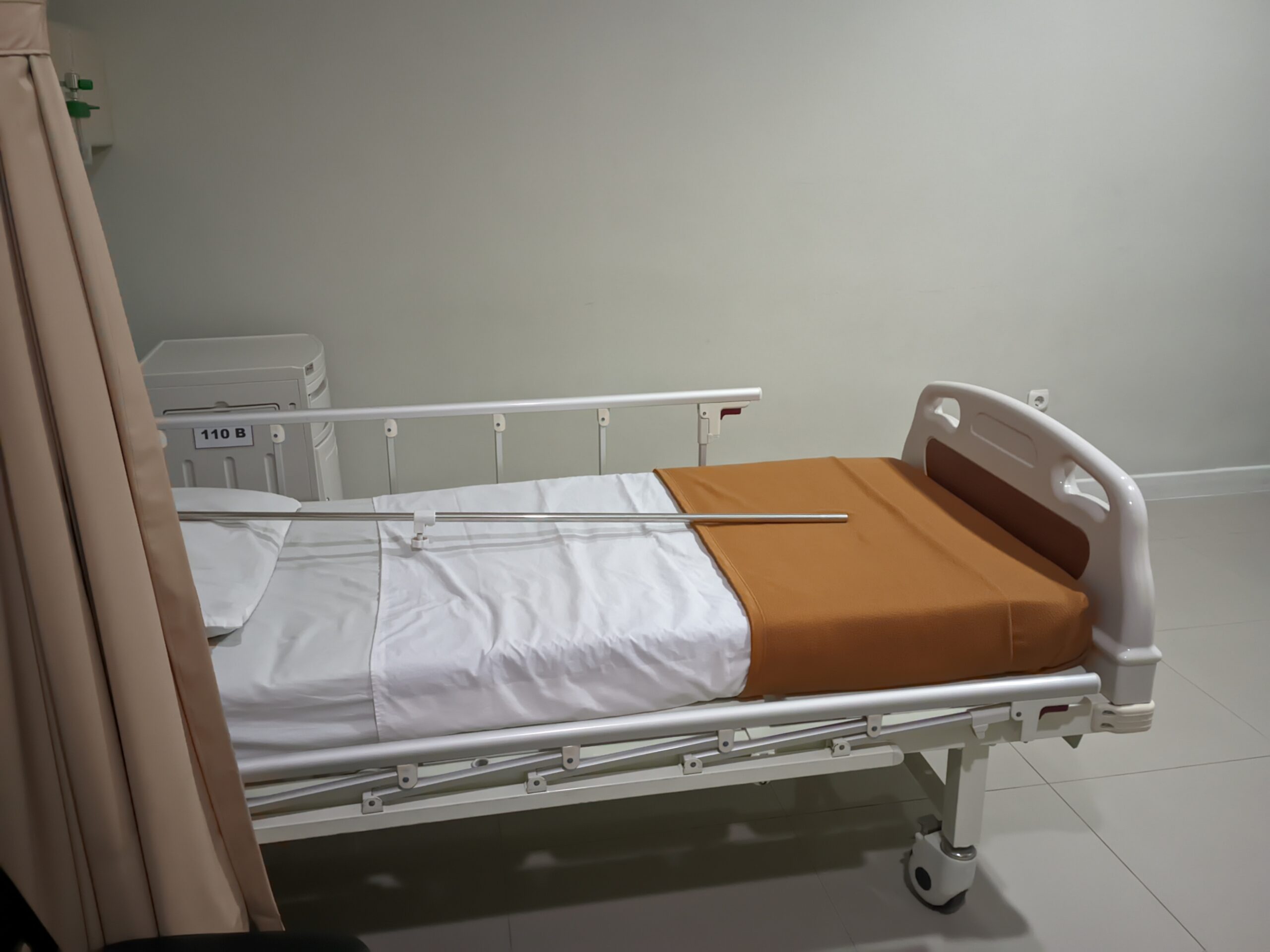Dr. TikTok? The Impacts of Misinformation on Mental Health Self-Diagnosis
A study published on March 19 yet again confirmed the widespread nature of healthmisinformation. Looking specifically at claims about ADHD on TikTok, the study found that more than half of all claims in the videos lacked scientific accuracy.

Published
Author
Share
A study published on March 19 yet again confirmed the widespread nature of health misinformation. Looking specifically at claims about ADHD on TikTok, the study found that more than half of all claims in the videos lacked scientific accuracy. This tracks with findings from a 2022 study which looked at 100 TikTok videos about ADHD and found half of the videos were misleading.
The misleading claims largely relate to describing symptoms as a basis for self-diagnosis, a concern when one in four adults suspect they have ADHD when only 6 percent of the population is estimated to actually have it. ADHD misinformation can make it seem like symptoms common to a plethora of mental health conditions like anxiety and depression are specific to ADHD. The authors of the study also note that many of the videos take traits common to the “normal human experience” and pathologize them as part of ADHD.
The authors of the 2025 study also noted that after watching TikToks about ADHD, young adults greatly overestimated the number of people with the condition. The impact of such misleading outcomes for younger adults can be widespread. More than half of TikTok’s 136 million users are under the age of 30. Sixty-three percent of all U.S. teens are on the app, with 16 percent of them reporting using it “constantly.”
The reasons for such misinformation on the app are complicated to untangle. Many content creators use ADHD misinformation to pursue their own profit. The study found that about half of the creators observed used their videos to sell products or coaching, despite none of them being licensed mental health professionals. Examples of products that creators try to sell include fidget spinners or workbooks. Coaching can range from “life coaching” to specific “ADHD coaching.”
However, much of the content is not-so-nefariously designed. For a long time, research indicated that adult ADHD had been underdiagnosed. Additionally, ADHD may often go missed particularly in women, as females tend to be seen as forgetful or disorganized rather than hyperactive. TikTok has emerged as a platform for people to explore whether they have fallen into this group of undiagnosed individuals and to find answers to questions they may have had about themselves. The allure is understandable, given that the U.S. has no guidelines to specifically diagnose adults with ADHD (though trained psychiatrists can still diagnose both children and adults). And for those who need it, a diagnosis can be lifesaving. Simultaneously, creators on TikTok may be sharing content innocently about their own mental health journey and finding community online. The issue arises where many individuals make loose connections between ADHD diagnosis and their own behaviors, and then share them as overgeneralized takeaways about the condition.
This phenomenon is not specific to ADHD. Young people are increasingly turning to TikTok for mental health diagnoses. Zooming out from ADHD to mental health more generally, studies have found that as much as 80 percent of the content can be misleading. Teens are using TikTok to diagnose conditions ranging from OCD to autism to dissociative identity disorder. A similar phenomenon has manifested on Reddit. People normally get these self-diagnoses wrong, often because they are diagnosing based on inaccurate misinformation. Researchers have found people are 5 to 11 times more likely to incorrectly diagnose themselves than correctly find a mental illness.
Some scholars believe that the outpouring of self-diagnosis is because of a lack of trust in the health care system. Additionally, the inclination to turn to social media in mental health discussions is likely exacerbated by shortages of therapists and psychiatrists, an even more severe crisis for those who can’t self-pay.
It is unlikely that any solution will fully stop misinformation related to mental health on TikTok. Even before social media, people held and spread inaccurate beliefs about health and wellness. However, there are four steps that can be taken to lessen the impact of such misinformation.
- First, states can adopt legislation like PSYPACT and pursue legal charges against “ghost networks” to make mental health care more accessible.
- Second, mental health professionals can work to make themselves more accessible to communities that have typically been ignored or underdiagnosed.
- Third, the FTC and state consumer protection agencies can more aggressively pursue cases against videos where it is undisclosed that the content creator is using the information about mental health to sell a good or service.
- Finally, creative private litigants can consider bringing tort claims against content creators who they believe have negligently spread misinformation that has harmed content consumers.


